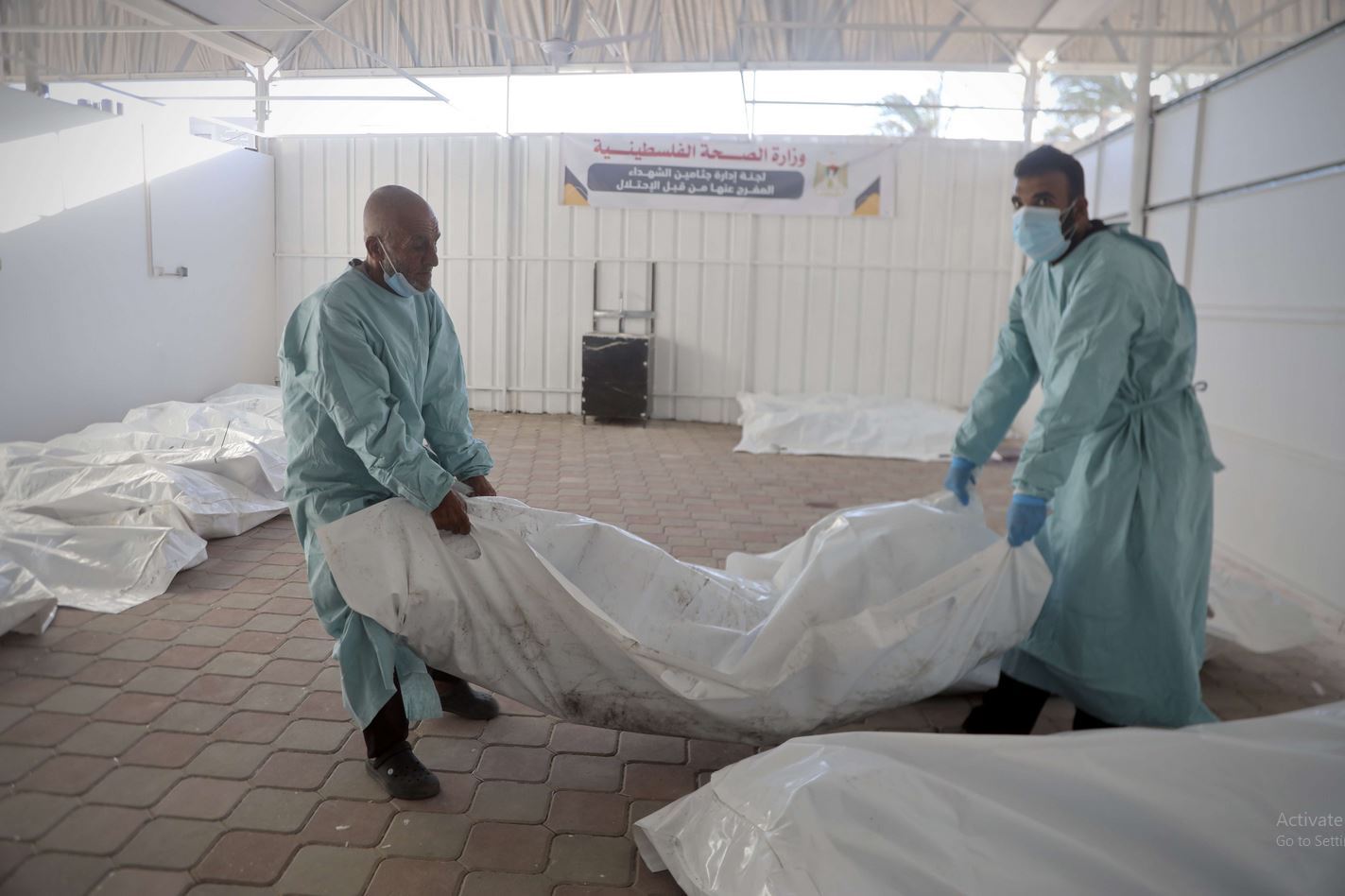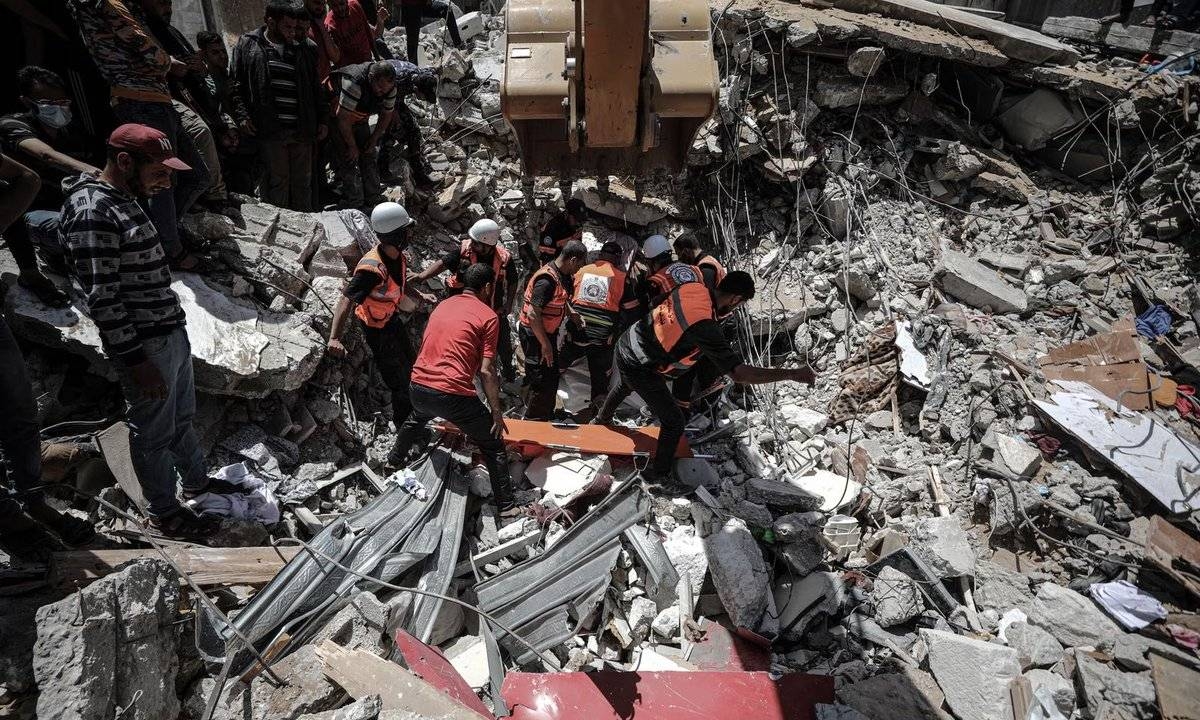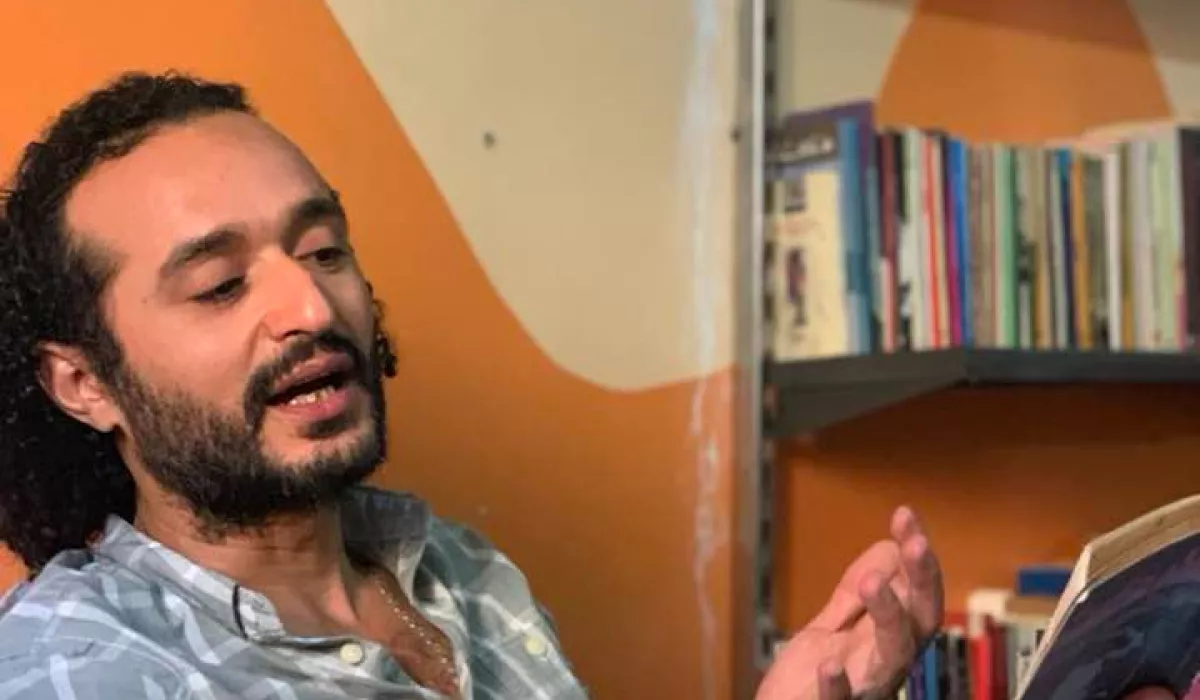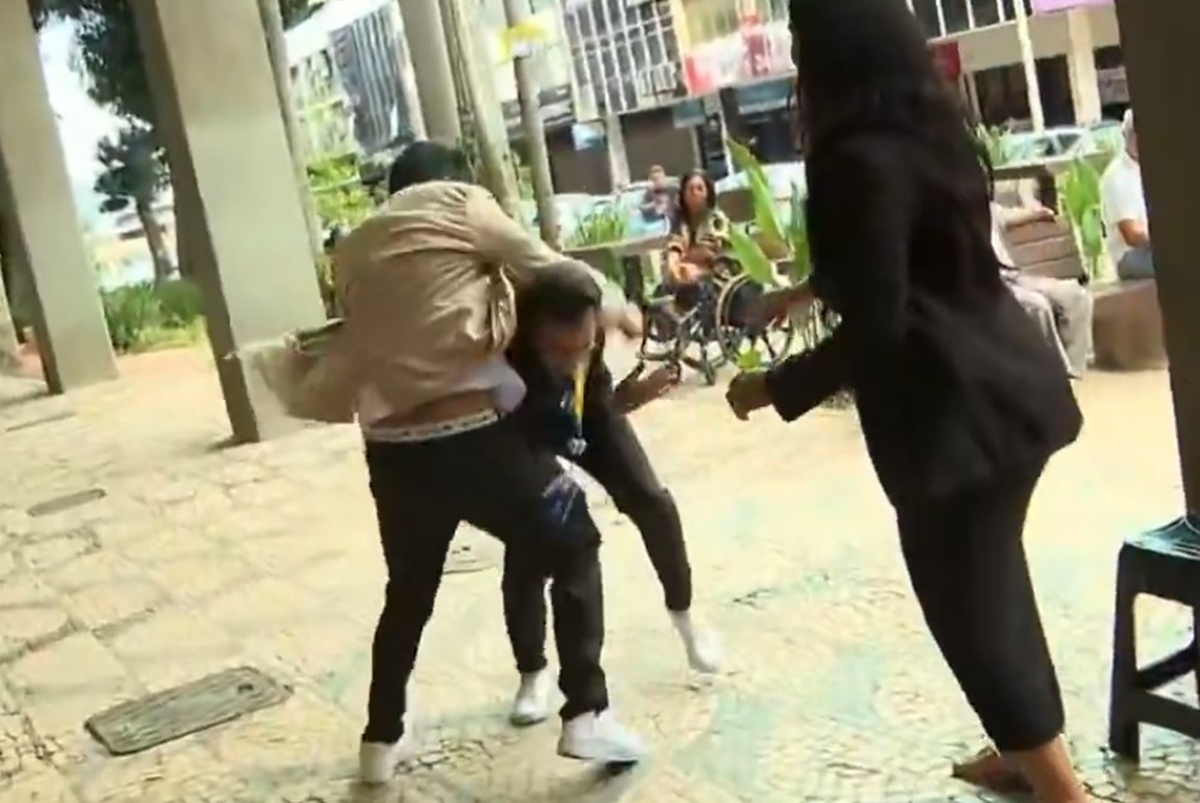
TV Globo Producer Assaulted While Reporting in Brasília
November 13, 2025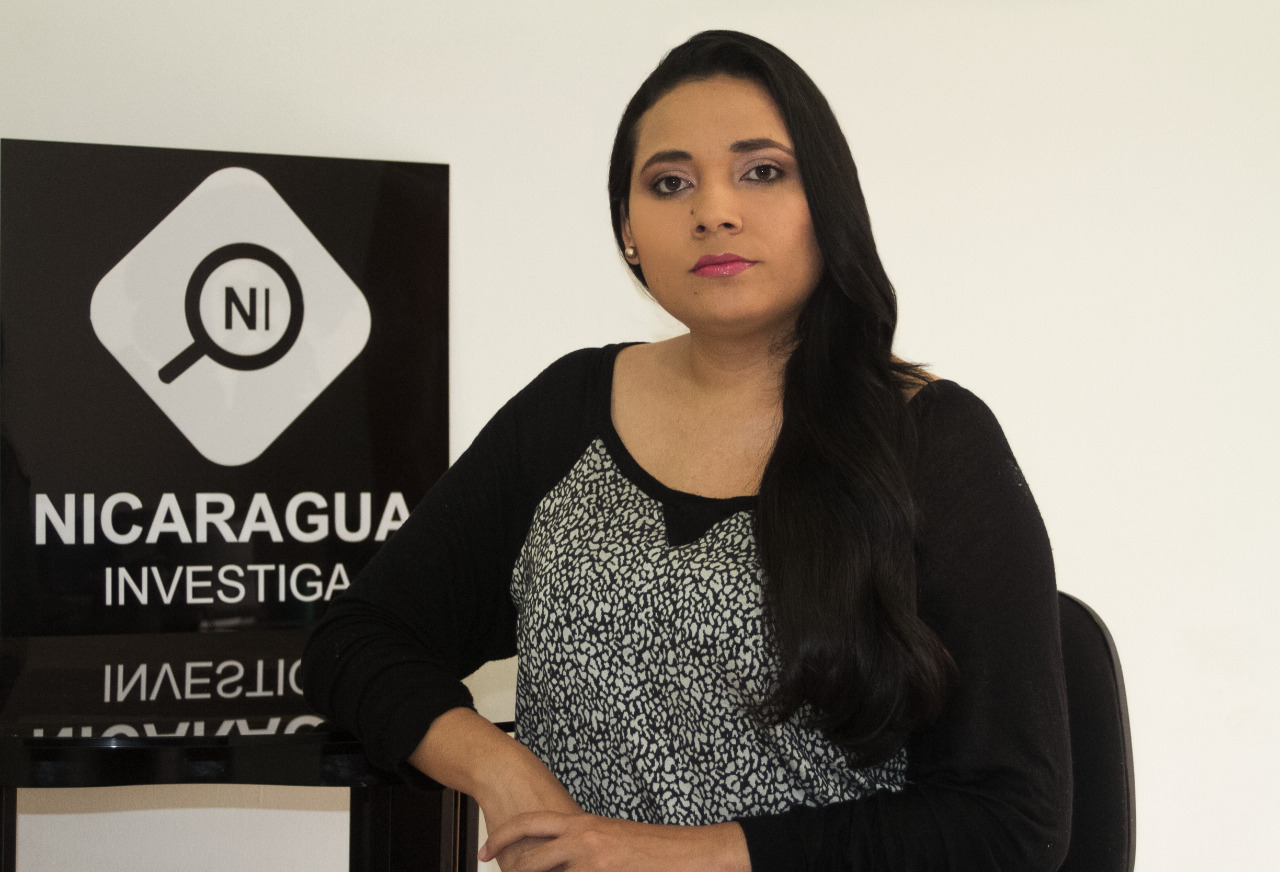
Nicaraguan Journalist Warned by Costa Rica to Abandon Her Work Amid Threats
November 13, 2025November 13, 2025 – Palestine –
Legal teams representing Palestinian victims of the conflict in Gaza have formally submitted extensive files to the International Criminal Court in The Hague detailing alleged organ theft, mistreatment of prisoner remains, and direct attacks on journalists working in the occupied territory. The submissions mark a significant escalation in ongoing legal efforts to hold individuals accountable for what are described as “war crimes” and “crimes against humanity.”
According to the documentation, one core memo focuses on the condition of bodies of Palestinian prisoners returned from Israeli detention, reportedly bearing signs of torture, binding, blindfolding, and in some cases, missing organs such as eyes, corneas, kidneys, and livers. Medical-forensic evidence, photographic records, and family testimonies form part of the presented dossier. The files argue that these incidents constitute a previously unseen pattern of bodily mutilation in the context of armed conflict.
A second component of the submission targets the deliberate killing, intimidation, and harassment of Palestinian journalists. The legal team provided a list of more than 1,240 victims, along with accounts of interviews, sniper fire aimed at media professionals, and destruction of press equipment. They are requesting that the court issue arrest warrants for named military, security, and political figures allegedly responsible for these actions.
Parallel to this, the Independent Commission for the Study of Crimes Against Journalists in Palestine and other human-rights bodies sent urgent letters to the United Nations Human Rights Office and other UN special rapporteurs concerning the bodies of martyred Palestinian prisoners and ongoing investigations into their deaths. They highlighted the withholding of remains, the failure to permit international forensic examination, and the broader implications for accountability and international humanitarian law.
The new legal intervention places heightened pressure on the ICC Prosecutor to advance from preliminary investigations to formal charges. However, the path ahead is complicated by political dynamics, access restrictions to conflict zones, and resistance from states involved. For the global press-freedom and human-rights community, the case signals a critical juncture: whether mechanisms of international justice can confront grave allegations at the intersection of conflict, media targeting, and the protection of human remains. Until concrete outcomes emerge, the families of the victims and journalists operating under extreme peril remain in limbo.
Reference –

